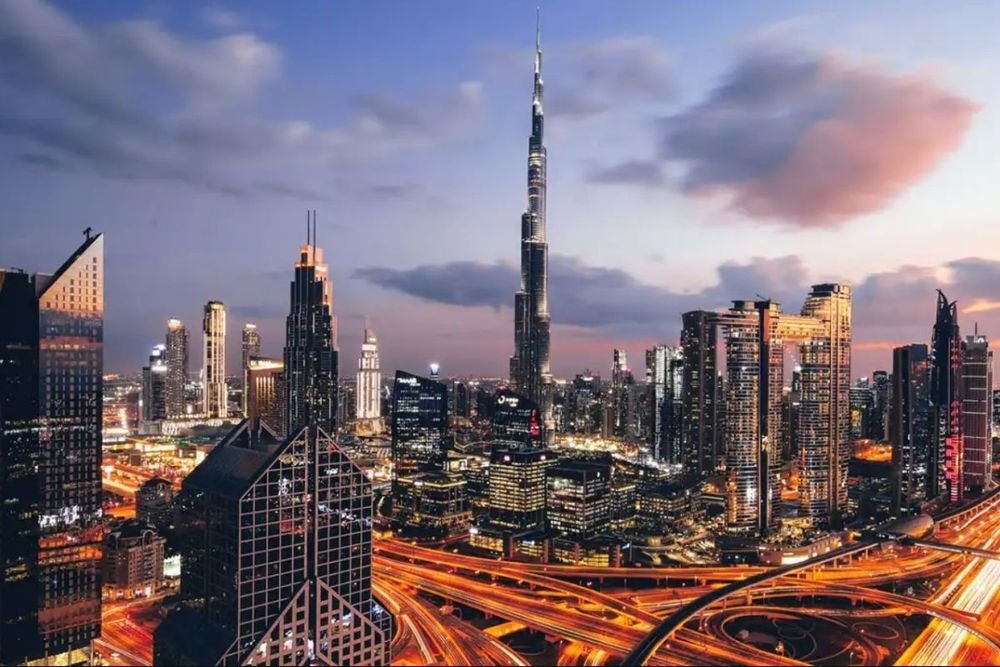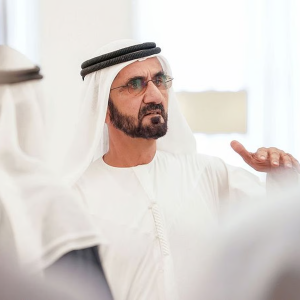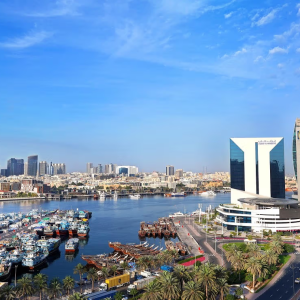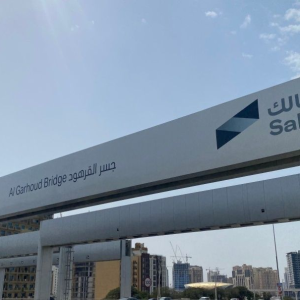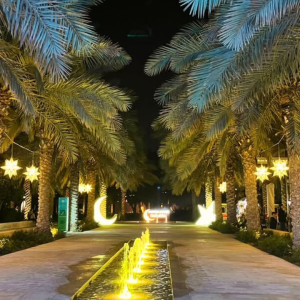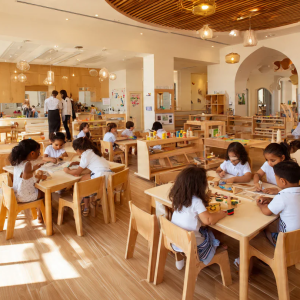Dubai has a way of captivating the imagination. With its shining skyline, desert safaris, futuristic malls, and a lifestyle that seems too good to be true, it has long been the dream destination for many expats. But beyond the filtered Instagram stories and luxury brunches lies a more complex reality. What is expat life really like in Dubai?
Every year, thousands of people from across the globe move to this global city chasing better jobs, higher salaries, a tax-free income, and a modern lifestyle. For many, it’s a fresh start. But settling in Dubai is not always smooth, and expat life here can feel both rewarding and overwhelming at the same time.
This feature takes a deeper look at the highs, lows, surprises, and truths of living in Dubai as an expat — from the golden opportunities to the emotional rollercoaster no one talks about.

First Impressions: The City of Dreams
Landing in Dubai often feels surreal. You’re greeted by towering skyscrapers, spotless roads, and the kind of luxury you rarely see anywhere else. In your first few weeks, everything feels new, fast, and exciting.
Most expats start with a sense of wonder. From Friday brunches to beach days and late-night outings, the city feels alive 24/7. With people from over 200 nationalities, Dubai is a melting pot of cultures and energy.

But once the honeymoon phase ends, reality begins to show itself — sometimes gently, sometimes with a jolt.
High Salaries, But High Expenses Too
One of the main reasons people move to Dubai is for better financial opportunities. Many come expecting to save money quickly thanks to tax-free salaries. And yes, Dubai does offer great career growth and earning potential, especially in industries like finance, construction, marketing, tech, aviation, and hospitality.
However, many expats soon learn that the cost of living is high. Rent takes up a large chunk of monthly earnings. School fees for children can be expensive, especially in private international schools. Dining out, transportation, and even groceries can add up fast if you’re not careful.
While some people manage to save well, others find themselves living paycheck to paycheck just to keep up with the lifestyle.
Lifestyle Pressure: The Race to Fit In
Dubai is one of the most image-conscious cities in the world. There’s a silent pressure to look good, dress well, dine at trendy spots, and keep up with a luxurious lifestyle — even if your wallet can’t always support it.
Social media plays a big role in this. Scroll through Instagram and you’ll find people showing off designer bags, yacht parties, and exotic getaways. But what you don’t see is the credit card debt, the visa stress, or the emotional loneliness behind the scenes.
This “comparison culture” can leave many expats feeling like they’re not doing enough, even when they’re working hard and living decently.
Work Culture: Fast-Paced, Diverse, and Demanding
Dubai’s work culture is as diverse as its population. You might find yourself working in a team with people from 10 different countries, each bringing their own values, communication styles, and expectations. This diversity is enriching, but it can also lead to misunderstandings if not managed with awareness.
Many industries in Dubai are fast-paced and demanding. Long hours, high targets, and tight deadlines are common — especially in sales, media, marketing, and tech. Work-life balance can be tricky, especially for newcomers trying to prove themselves.
That said, many companies are evolving and embracing healthier work cultures, flexible timings, and wellness initiatives. Still, it’s up to the individual to set boundaries and find balance.

Visa Tensions and Job Insecurity
Unlike many countries, your right to live in Dubai is tied to your job or business visa. This can create constant anxiety, especially if your company is going through a rough patch or if you’re planning to switch jobs.
If you lose your job, you only have a limited number of days to find a new one or leave the country — unless you have a freelancer or investor visa. While recent reforms have made things a bit more flexible, this uncertainty remains a stress point for many.
People often avoid taking breaks or quitting toxic jobs simply because they fear losing their visa status.
The Emotional Rollercoaster of Living Far From Home
Moving to Dubai is exciting, but it also means being far from your roots, your family, and your culture. For many expats, homesickness is real — especially around holidays or when going through tough times.
Friendships in Dubai can be warm, but also transient. People come and go quickly due to job shifts, relocations, or visa changes. One year you’re celebrating Diwali or Christmas with a close group, and the next year half of them might have moved away.
This temporary nature of relationships can make it hard to form deep, lasting bonds unless you consciously invest in your social circle.
Building Community: The Secret to Thriving
The expats who thrive in Dubai often have one thing in common — they build or join a community. Whether it’s a fitness group, cultural club, religious circle, or creative network, having a support system helps ease the emotional weight of being far from home.
There are thousands of meetup groups, community events, and hobby-based clubs where you can connect with like-minded people. From yoga at Kite Beach to underground poetry nights and football leagues, Dubai offers opportunities — but you have to actively seek them out.
Making friends in your 30s or 40s may feel daunting, but it’s possible here — because everyone is from somewhere else and looking to connect.
Dating and Relationships in Dubai
The dating scene in Dubai is fast, flashy, and complicated. With so many people from different cultures, values often clash, and expectations vary widely.
Some expats find true love and settle down here, while others feel frustrated by the casual or transactional nature of dating. Apps dominate the scene, and many people find it hard to build something meaningful due to busy schedules and the city’s transient nature.
Married couples, on the other hand, enjoy a family-friendly environment, with access to international schools, safety, and world-class amenities for children.
Safety and Convenience: Undeniably Amazing
No matter the emotional or financial challenges, most expats agree on two things — Dubai is extremely safe, and life is convenient.
You can walk home at 2 a.m. without worry. You can order anything from groceries to laundry services with a few taps on your phone. Infrastructure, cleanliness, public transportation, and healthcare are top-notch.
For families especially, Dubai feels like a safe, comfortable place to raise children with access to world-class facilities and a multicultural education.
Adjusting Culturally: Respect and Tolerance Matter
While Dubai is liberal compared to other parts of the Middle East, it still operates within a cultural and legal framework that must be respected. Modest dressing, avoiding public displays of affection, and being respectful of Islamic values — especially during Ramadan — are important.
That said, the city embraces diversity. Whether you’re Hindu, Christian, Sikh, Buddhist, or atheist, you’ll find places of worship and spaces to practice freely. The government has taken steps to foster tolerance and inclusion, making expats feel welcomed.
The Bottom Line: Is Dubai Worth It?
Living in Dubai as an expat is both rewarding and challenging. It can offer unmatched professional growth, exposure to global cultures, and a lifestyle that feels like a holiday — but it also demands emotional strength, financial planning, and constant adaptability.
Dubai is not just a luxury destination. It’s a place of deep personal transformation. You arrive thinking it’s about the money and career, but you leave with life lessons about identity, community, and resilience.
It’s a city that pushes you to grow — sometimes faster than you expected — but always with the possibility of creating something meaningful if you know how to navigate the waves.
So is Dubai really worth it? For many, the answer is yes — but only if you walk in with open eyes, grounded expectations, and the willingness to adapt.
Follow us on instagram: UAE STORIES

